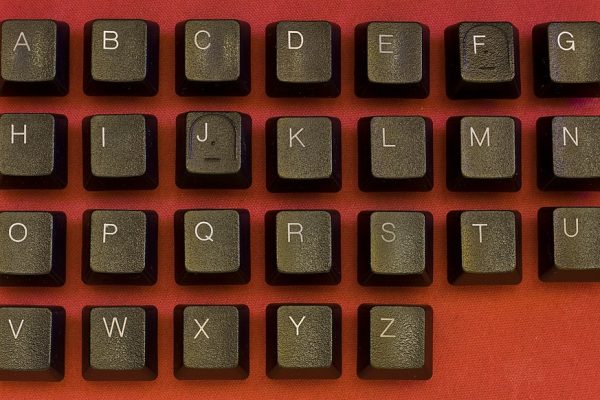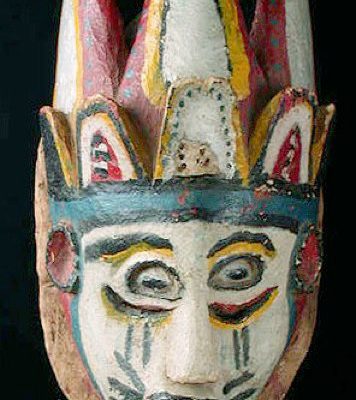During my stay of over a decade in Southwest Nigeria – precisely Lagos – in the 1980s and 90s, I often heard people say “Igala language is an offshoot of the Yoruba language” in view of the similarities between them” I usually disagreed with them, explaining that research had established that Igala and Yoruba share a common ancestry. I also added that, along with Itsekiri, the languages form a trio of interconnected tongues.
The three tongues are classified in the ‘Yoruboid’ group, which falls within the Benue-Congo branch of the Kwa language family spoken in West Africa, up to Benin, Ghana and Togo. Akinkugbe (1976, 1978) highlights their shared historical roots, indicating that these languages started to separate from one another over two thousand years ago. Linguist Kay Williamson, quoted by Robert Arthur Sargent, notes that Itsekiri and Igala have been separated for about nineteen centuries. Such long periods and geographical separations have naturally led to the development of distinct linguistic identities.
J.W. Spencer points out that linguistic evolution does happen gradually, especially when groups of speakers become geographically isolated. Initially, the languages harbour dialectal differences, which still allow for mutual intelligibility. However, over a long period of time – as has occurred between the three languages – the differences become so significant that each group develops entirely new languages. In spite of that development, an Igala transported to a Yoruba-speaking environment easily picks up the language; and vice versa. This is because, despite their distinctiveness, the three independent languages – Igala, Yoruba, and Itsekiri – still share many similarities in words, phrases, and sentence structures.
For those interested in these linguistic connections, particularly between Igala and Yoruba, detailed comparisons packaged for your edification, can be found on pages 540 to 542 of my bilingual dictionary, “An Igala-English Lexicon,” (see featured image). In summary, while Igala, Yoruba, and Itsekiri have become distinct languages, their common ‘Yoruboid’ roots reveal a rich linguistic heritage that continues to link these communities across time and space.









Сколько стоит диплом высшего и среднего образования и как его получить?
trumpbookusa.com/blogs/206916/Быстрый-старт-с-дипломом